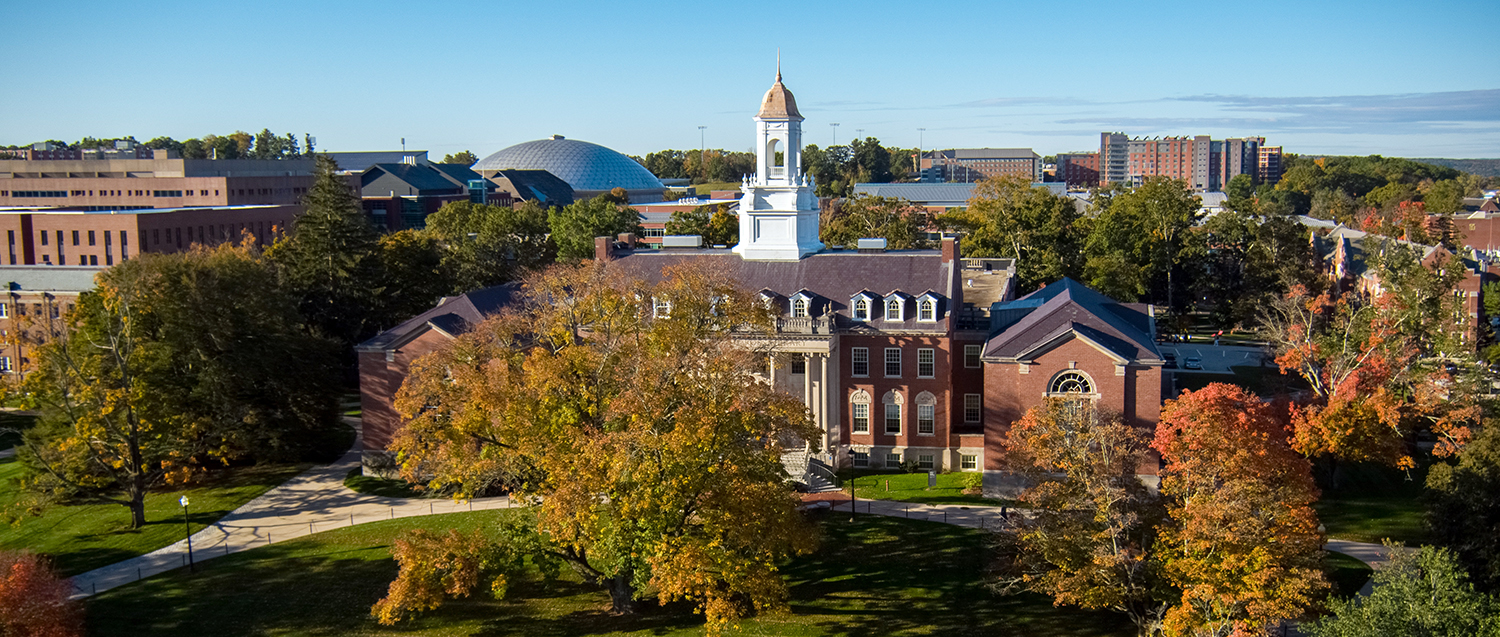Teacher Program
Are you a Connecticut K-12 teacher interested in teaching human rights and civic activism?

Join us for Human Rights Close to Home (HRCH) and get paid to:
Have a broader positive impact on your school and community.
Learn content and strategies to help your students get engaged about making a difference.
Support youth in actively engaging with local issues and improving their communities.
What is Human Rights Close to Home?
Key Dates – 2022
Applications Open
January 24
Virtual Information Session
Register Now
February 14, 5-6pm
Application Deadline
April 1
Acceptance Notification
April 15
Participant Acceptance Deadline
April 15
Pre-Summer Meetings
May 1, 5-7pm
June 1, 5-7pm
Summer Academy
July 17-29
Academic Monthly Meetings
TBD
What to Expect from the Program
As a participant, you will enjoy two weeks of engagement with scholars, youth, and peers rolling up their sleeves to consider how we infuse human rights and opportunities for civic participation into your teaching. You will acquire relevant knowledge and learn pedagogies that promote deeper thinking and student engagement with issues of human rights, civics, and democracy. Over three years, consisting of three summer academies, regular in-person and virtual meetings, ongoing professional developments, and action projects, you will have the opportunity to network with peers, youth, parents/families/guardians, advocates, experts, policymakers, and other educators in achieving your goals. As teacher-leaders, you will identify and engage in individual and/or collective action related to human rights and civics in your schools and communities and work to share what you have learned with your peers.
During the first year, you will focus on developing and implementing classroom strategies for human rights-based civic learning. During the second year, you will build on your experiences implementing your learning plans and reflecting on the challenges and opportunities encountered. You will also develop, implement, and advocate for additional ways to promote and improve citizenship education, active citizenship, and teaching about human rights in your school. Throughout all three years, you will have access to community-based partners and non-profit organizations building a network of support. During the third year, you will work closely with your network of support to collaborate with them as you become more engaged in taking civic action in your school, community, or beyond.

Location
The Summer Academy will take place each summer at the University of Connecticut's Storrs campus. The location and format of monthly meetings during the academic year will be determined at a later date in order to align with the locations and schedules of our participants.
Tuition & Fees
There is no tuition for this program. Housing and meals at UConn are available at no cost during the Summer Academy.
Stipend
For your participation, you will receive an annual stipend of $4,000 for three years. The stipend will be dispersed twice annually – $2,000 upon completion of the Summer Academy and $2,000 upon completion of the academic year.
Who Should Apply?
HRCH is open to all K-12 teachers in Connecticut across grade levels and content areas. We welcome teachers who are:
- already teaching about and familiar with human rights and/or civics education
- interested in learning more and infusing new content into their teaching
We strongly encourage teams of 3-4. These teams should consist of colleagues from the same school and/or district. At the high school level, teams should be interdisciplinary.
Individual applicants will be considered.
Please note that participants are expected to participate in HRCH for all three years.
Application Deadlines
The deadline for applications is March 7, 2022 at 11:59pm.
Candidates will be notified by April 1, 2022 of acceptance by email.
Accepted candidates must confirm their participation by April 15, 2022.
How to Apply
Application Requirements
Applications must be submitted via our Google Form. The following materials should be prepared:
- Letter of Interest
- If applying as a team, submit one letter (no more than 1,500 words) addressing:
- The backgrounds and commitments of each team member as a teacher and activist.
- Your interests in human rights and human rights education.
- Any special perspectives, skills, or experiences that would allow the team to make a distinctive contribution to the project’s learning community.
- Initial ideas/plans to support youth civic engagement and/or to infuse human rights education in your classrooms and/or school(s).
- Description of how participation in HRCH as a team will have a long-term impact on your individual teaching and your school or district, including discussion of how your school or district might be enriched and/or changed by your participation.
- If applying as an individual, submit one letter (no more than 1,000 words) addressing:
- Your background and commitment as a teacher and activist.
- Your interest in human rights and human rights education.
- Any special perspectives, skills, or experiences that would allow you to make a distinctive contribution to the project’s learning community.
- Initial ideas/plans to support youth civic engagement and/or to infuse human rights education in your classroom and/or school.
- Description of how participation in HRCH will have a long-term impact on your teaching, including discussion of any specific courses or programs that will be enriched by your participation.
- If applying as a team, submit one letter (no more than 1,500 words) addressing:
- Current Resume or CV
- Principal Letter of Support – Letter of support from principal(s) expressing the school’s commitment to supporting candidate/team in implementing the project over three years (i.e., release time, opportunities to lead professional development on topics related to human rights and civic engagements, support for off-campus student learning opportunities, etc.).
- Professional Letters of Recommendation – Individual applicants should submit two letters of recommendation. If you are applying as a team, please submit one letter of recommendation per team member. Letters can be confidentially emailed to ian.mcgregor@uconn.edu by the submission deadline.
Questions?
An information session on the details of the program will be held on February 14, 2022 from 5-6pm. Please register in advance. The info session will be recorded and posted here. Additionally, you may email Dr. Ian McGregor at ian.mcgregor@uconn.edu.
Program Goals at a Glance
YEAR 1
- Develop foundational knowledge in human rights and civics education.
- Engage in inquiry identifying local human rights issues.
- Identify, reflect on, and address potential barriers in implementing human rights education for civic action in their classrooms.
- Engage in teaching strategies and methods grounded in human rights and action civics.
- Make connections with scholars, with teen activities, and with community organizations that will support your teaching.
YEAR 2
- Continue to develop foundational knowledge in human rights and civics education.
- Reflect and take action on barriers in implementing human rights education for civic action.
- Research, examine, and analyze methods of action taking.
- Develop and implement plans of action towards addressing barriers within their classrooms and/or schools.
- Take on leadership roles in their schools in the expansion and implementation of human rights education towards civic action.
- Continue to make connections with scholars, with teen activities, and with community organizations that will support your teaching.
YEAR 3
- Continue to develop foundational knowledge in human rights and civics education.
- Continue to research, examine, and analyze methods of action taking.
- Reflect and take action on barriers in implementing plans of action.
- Collaborate with community activists in leadership roles towards addressing local human rights issues.
- Travel to partner organizations to explore, examine, analyze, and reflect on challenges facing other communities.
- Continue to make connections with scholars, with teen activities, and with community organizations that will support your teaching.
COVID-19 Disclaimer
Depending on public health guidelines related to COVID-19, plans for a residential offering are subject to change. Read more about UConn's COVID-19 protocols and information.